Medicine in Cyprus attracts the attention of many due to its affordability, quality of service and application of innovative technologies in treatment. The island in the Mediterranean Sea is known not only for its picturesque scenery, but also for its developed medical infrastructure. That said, as with any other healthcare system, there can be differences between expectations and reality. Let's take a look at the main aspects of medicine in Cyprus to see what you should really expect.
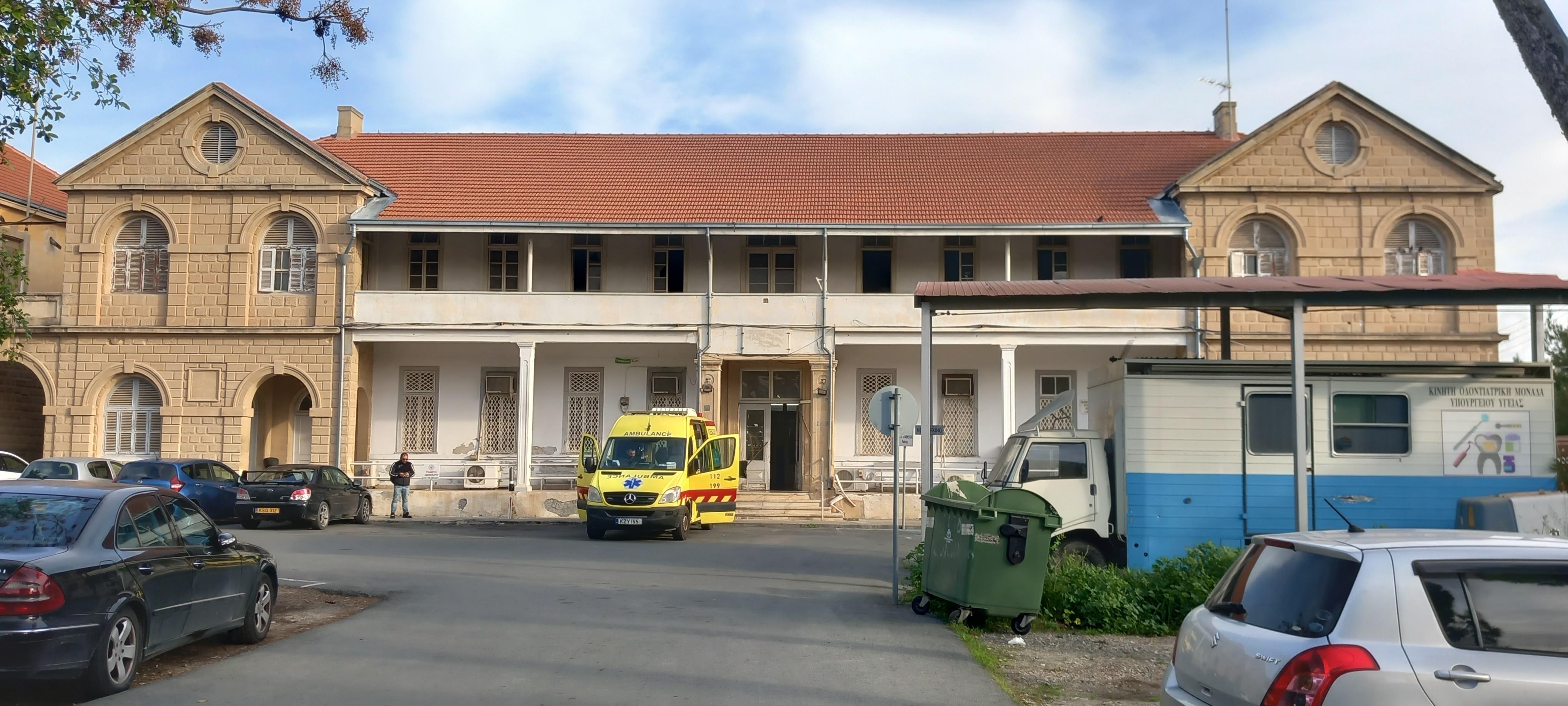
Expectations
Availability and quality of medical services
Many people believe that it is easy to get high-quality medical care in Cyprus. The island attracts patients from different countries due to its well-equipped clinics, qualified specialists, and lack of language barrier, as most doctors speak fluent English and sometimes Russian. Today there are several large medical centers located here, in each city there are several private and at least one public hospital. Most doctors have personal offices in the city, but they also cooperate with major medical centers, attend international conferences, and continuously study and improve their qualifications. The public hospital is free of charge for every resident, but a visit to a private hospital without insurance will cost a penny.
Innovative treatment methods
Among the expectations is access to the latest advances in medical science and technology. Indeed, Cyprus strives to be at the forefront of medical innovation, offering advanced treatment and rehabilitation methods. A list of popular facilities is below. Most centers are located in the capital city of Nicosia.
Prices for medical services
Patients also expect the prices of medical services in Cyprus to be competitive compared to other European countries, especially in the areas of dentistry, plastic surgery, and rehabilitation. This is partly true, so will not dissuade. At the same time, we recommend translating doctors' reports into your native language. Without insurance, the minimum cost of receiving a specialist is 20-50 euros, and the minimum surgical intervention is 500-1000 euros. More complicated surgeries are 5-20 thousand euros and more.

New GESY system
Since 2019, the GESY program (Γενικό Σύστημα Υγείας, General Healthcare System) has been in effect in Cyprus, which is a key element of healthcare reform in Cyprus, aimed at ensuring access to quality healthcare services for all residents of the island. We wrote about it in detail in a previous blog entry. Since then, the choice of specialists has increased. According to the official website, the system has been designed to provide comprehensive, efficient, and equitable health care based on the principles of universality, accessibility, and solidarity. All Cypriot citizens and even foreigners can join. Essentially everyone who works and pays taxes has access to the service (the service is often arranged through the employer). Even if the employer has provided the employee with insurance from a local insurance company, connecting to GESY will not be unreasonable. At a minimum, you won't have to pay for the service first and then process a refund through the insurance company. As of 2019, this system has safely traveled the thorny path of integrating the private and public healthcare sectors into a single system.
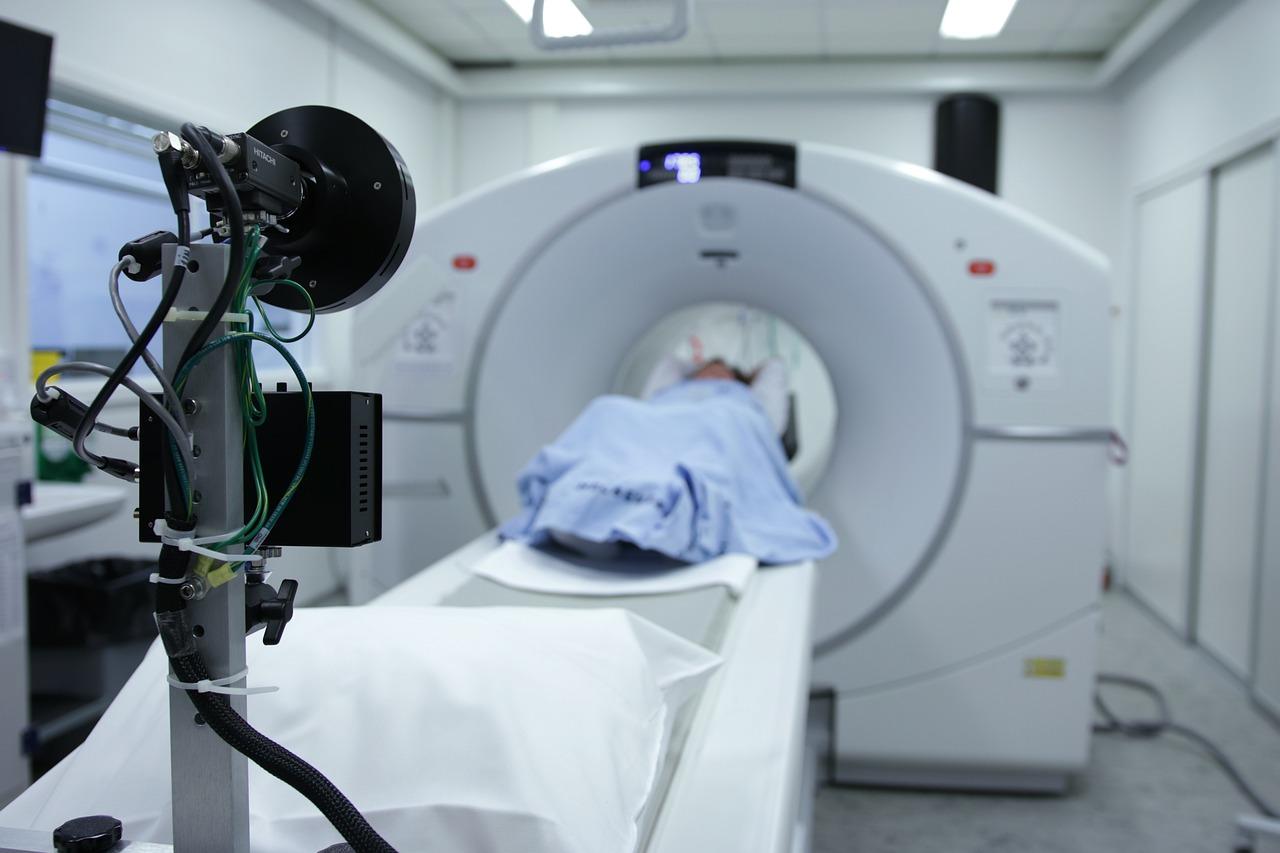 Reality
Reality
Quality of care
Indeed, many clinics in Cyprus offer high-quality services. The country ranks well in international healthcare rankings. Nevertheless, everywhere, there are complaints about long waiting times at public facilities and the difference in service levels between the private and public sectors.
Public health facilities in Cyprus
Every major population center in Cyprus has its public hospital. As a rule, they look modern, are equipped with the latest technology inside, and specialist appointments are free of charge or for a symbolic fee of 10 euros. The fairy tale ends when you face the need to visit a doctor, take a coupon, and wait for the appointment. Today the time indicated on the coupon is fictitious. Waiting can take all day, at best 2-3 hours. In the Emergency department is much faster, so with acute pain, it is better to go there immediately.
Specialists also accept in private clinics. In the interests of science, doctors combine private practice with work in large private or public medical centers. The specialist often chooses the place of work, understanding the possibility of development and providing the institution with the necessary tools and equipment.
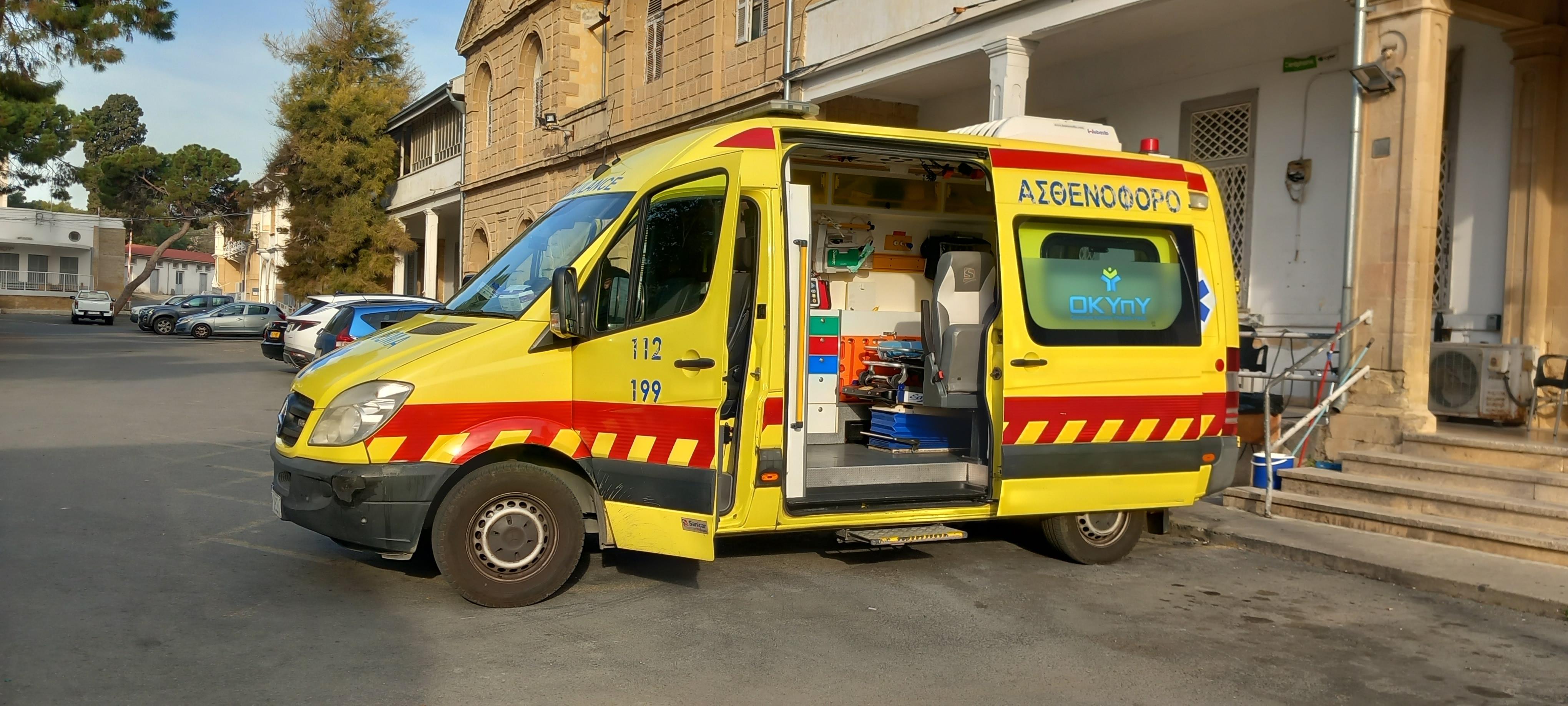
Private Hospitals
Private hospitals are convenient in that in one room you can visit a doctor, conduct the necessary hardware diagnostics, and take tests. Here are some examples. Mediterranean Cyprus Hospital in the center of Limassol, whose mission is to provide all citizens and guests of the country with medical services of high quality and safety within 24 hours. St. Raphael Private Hospital in the center of Limassol. Raphael Private Hospital in Larnaca leads the way in medical expertise, advanced technology, innovation, environment, and small value-added services that make all the difference. The hospital is fully equipped to provide the highest level of care in all areas of medicine.
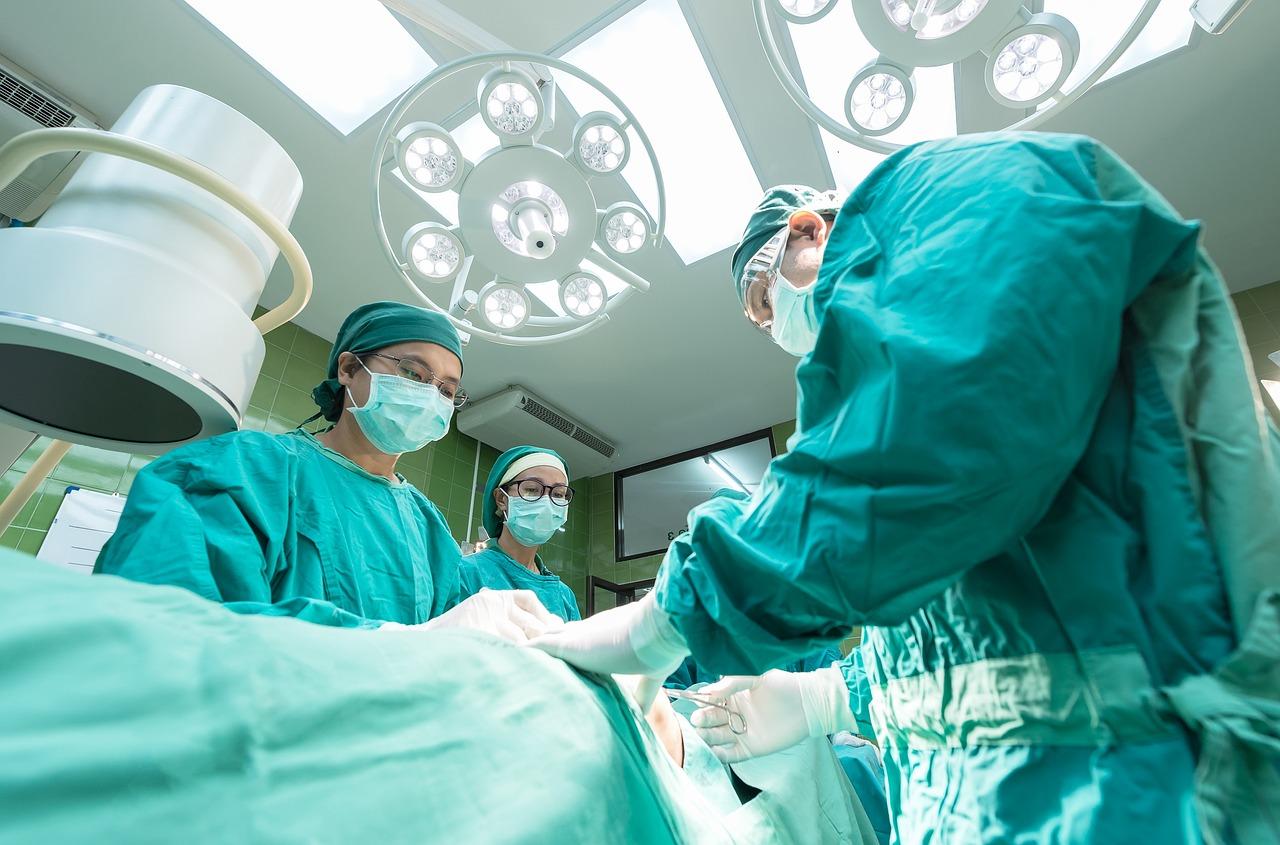
Private Medical Centers
Cyprus has several modern medical centers offering the widest possible range of medical services. For example, the American Medical Center was originally known as a cardiovascular institute offering diagnostic and interventional cardiology, cardiovascular disease prevention, and rehabilitation services. Today there are many more specialties including pediatrics, neurophysiology services, neurosurgery, a cancer center, orthopedic surgery, spine surgery, and more. Ledra Clinic in Nicosia has continued to evolve and improve in all disciplines over the past 40 years, guided by the latest scientific technologies and techniques. It is best known for women's health.
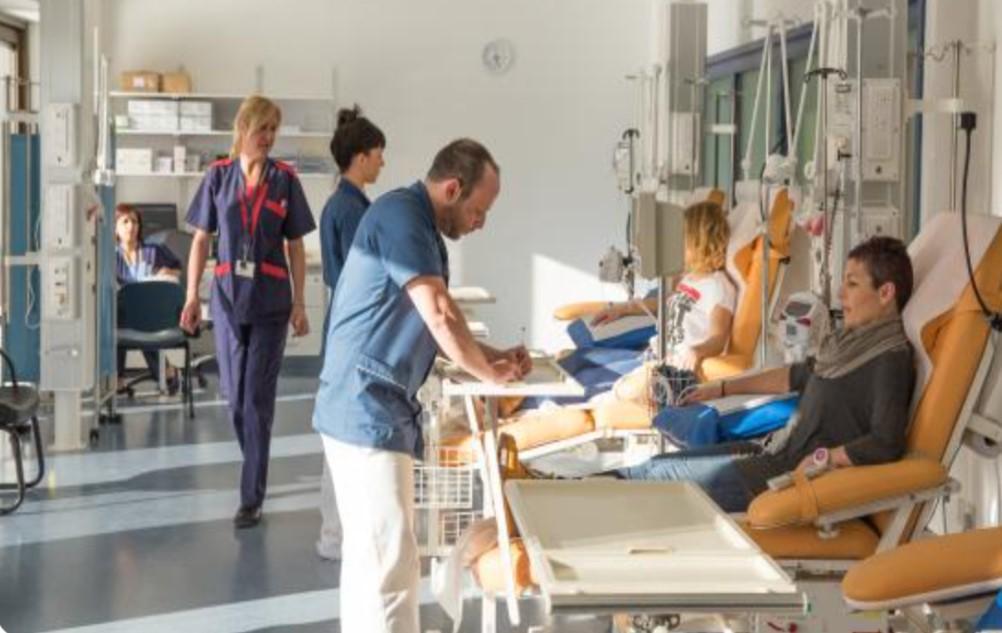
Doctors' offices
Many doctors have private offices where they see their patients. However, some specialists work within the GESY system but also continue to conduct appointments on a commercial basis. The cost of an appointment starts at 20 euros and the average price is 50 euros. For GESY patients, they also prescribe medicines at a symbolic cost of 1 euro. Accordingly, those insured by private insurance companies must first purchase at a pharmacy and then submit the receipts to the insurance company.
As a rule, general practitioners are in contact with the nearest laboratory 24 hours a day and cooperate with other specialists. Thus, it is sometimes possible to get test results and urgent treatment instructions even on a day off.
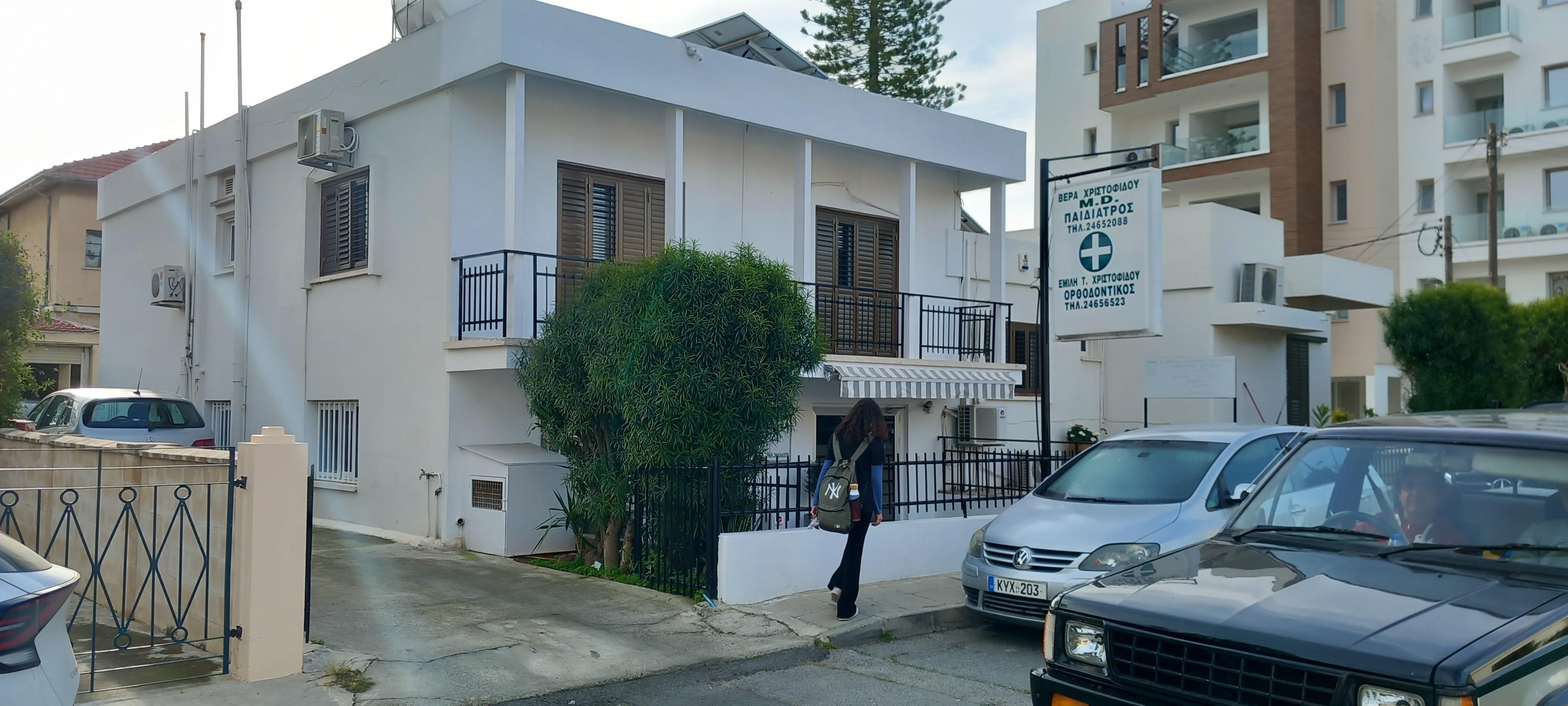
Innovation
Although Cyprus follows global trends in medical technology, it is worth considering that some specialized or very new therapeutic techniques may not be available, such as in major medical centers in the United States or Germany. Therefore, one has to travel out.

The cost of services is high
Prices for medical services may indeed be lower than in other EU countries, but they are not always as affordable as they may initially seem. Insurance plays a key role in paying for medical services and for uninsured patients, the cost of treatment can be prohibitive.
Medicine in Cyprus offers high-quality services, access to innovative treatments, and competitive prices, especially for patients with health insurance. However, it is important to have realistic expectations and to research in advance the questions of availability and cost of services in specific areas of interest. The private sector typically offers shorter wait times and a high level of service compared to public facilities, but the cost of services here can also be much higher.
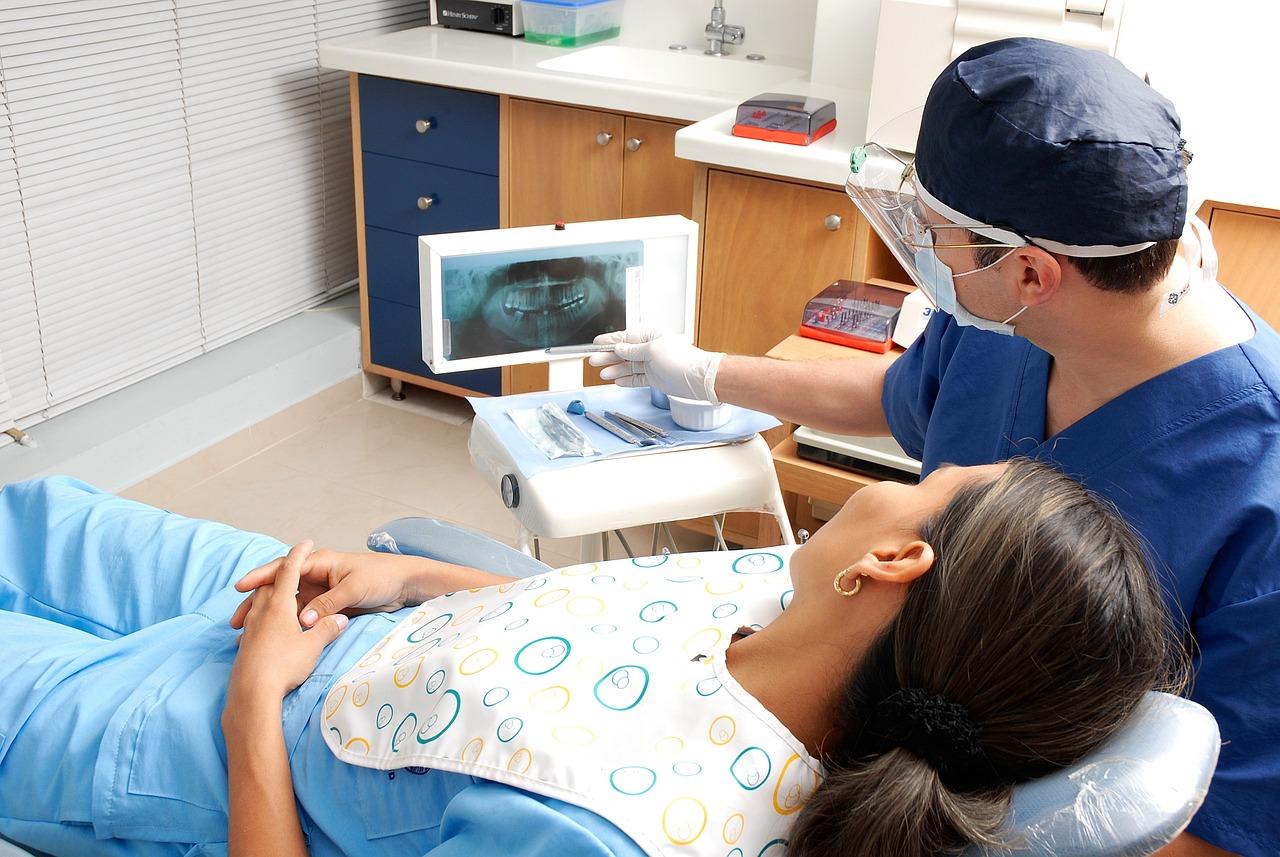
More about the GESY system
Today, every registered user of the system can choose almost any specialist through a personal cabinet on the website. At the same time, many people note the lack of narrow specialists on the island. For example, it is difficult to get to a cardiologist or neurologist, because you have to wait for an appointment for several months. In this case, people try to get an appointment to the same specialist by other means, bypassing the GESY queue. But this option does not always work.
GESY goals and principles
The main goal of GESY is to provide comprehensive healthcare coverage for the entire population of Cyprus, including citizens, residents, and even temporary residents. However, this is not yet possible. Those who have a Yellow Slip document (a temporary residence permit or, as they say, a resident visa, which is issued for a minimum 5-year stay and includes the right to work) are served. The GESY system is funded through taxes, employer, employee, and government contributions, which helps to spread the financial burden and ensure that health care is accessible to a diverse population.
- GESY provides a wide range of health care services, including primary care, specialty care, immunizations, dental services, prescription drugs, diagnostic tests, hospital care, and more.
- Choice of provider: patients have the right to choose doctors, hospitals, and other healthcare providers within the GESY network, allowing for flexibility and individualized healthcare needs.
- Funding for the system comes from premiums paid by employees, employers, the government, and the self-employed.
- Ensuring equal access to health care for all segments of the population, including remote and sparsely populated areas.

Overall, the GESY program is a significant step in the development of the health care system in Cyprus, aiming to create more equitable, accessible, and quality health care. Despite the challenges the program faces, it offers a model that can serve as an example for other countries seeking to reform their health systems toward greater inclusiveness and universality.
Finally, we would add that many people note the friendliness and involvement of Cypriot doctors, but still try not to visit them too often. Children's educational institutions usually require a certificate of immunization according to age and a certificate in case of absence due to illness. At work, you will be understood. I must add, on the island pharmacies understand Greek, English, and other languages, and there are specialized Russian-speaking pharmacies, whose specialists help to find alternatives to the usual medicines. Stay healty!
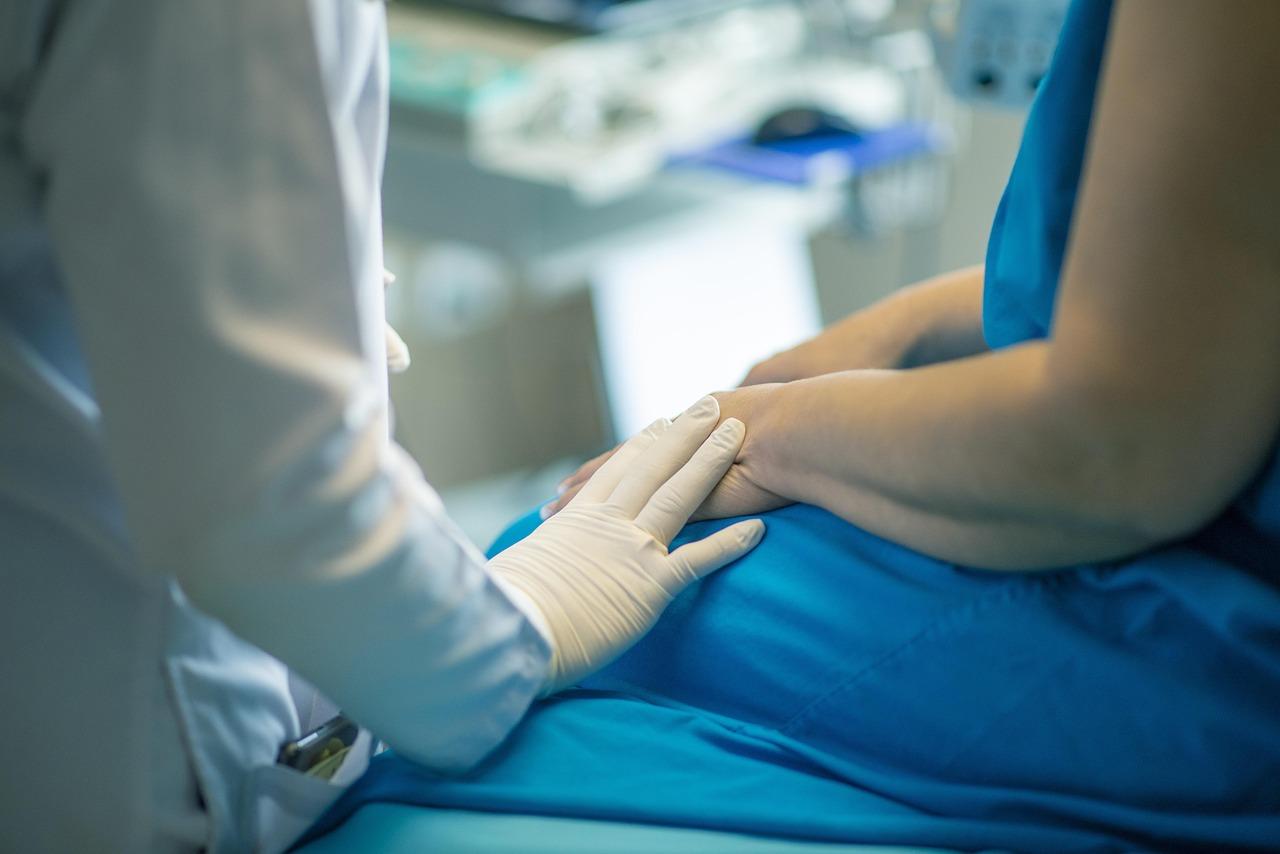
Read also:

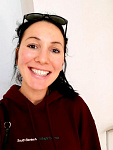
Regards